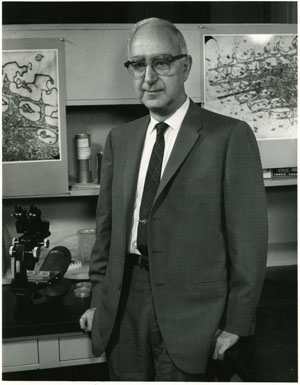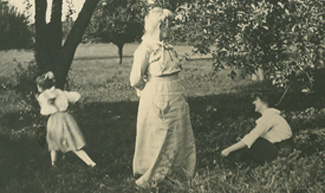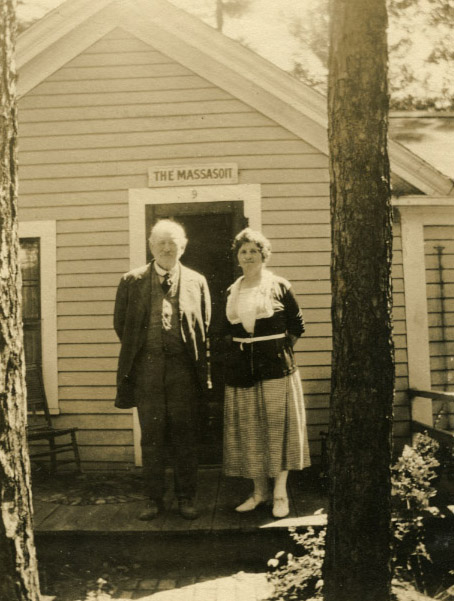Madeline and Winthrop Goddard Hall Papers
Residents of Worcester, Mass., Madeline and Winthrop Goddard Hall were part of an extended community of young friends and family associated with the American Board of Commissioners of Foreign Missions, including Charlotte and Edwin St. John Ward, Margaret Hall, and Ruth Ward Beach. From 1907 to 1914, Edwin Ward was sent as a missionary to the Levant, working as a physician and teacher at Aintab College in present-day Turkey and Syrian Protestant College in Beirut. Margaret Hall and Ruth Beach were stationed in China, teaching in Tientsin, at the Ponasang Women’s College in Fuzhou, and at the Bridgeman School in Shanghai.
The Hall Papers include 67 lengthy letters from the Ottoman Empire and China, the majority from Charlotte and Edwin Ward. Intimate and often intense, the correspondence provides insight into the social and family life of missionaries and gives a strong sense of the extended community of missionaries.

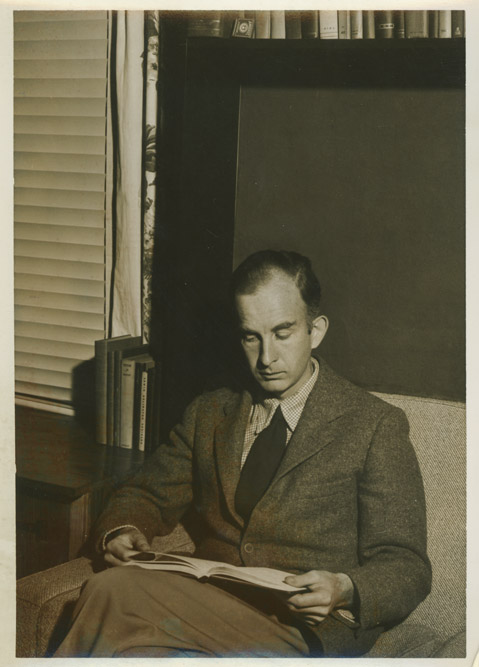
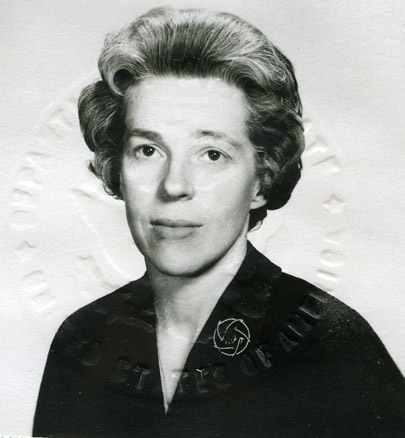
 A number of student publications have been digitized and are indexed in
A number of student publications have been digitized and are indexed in 